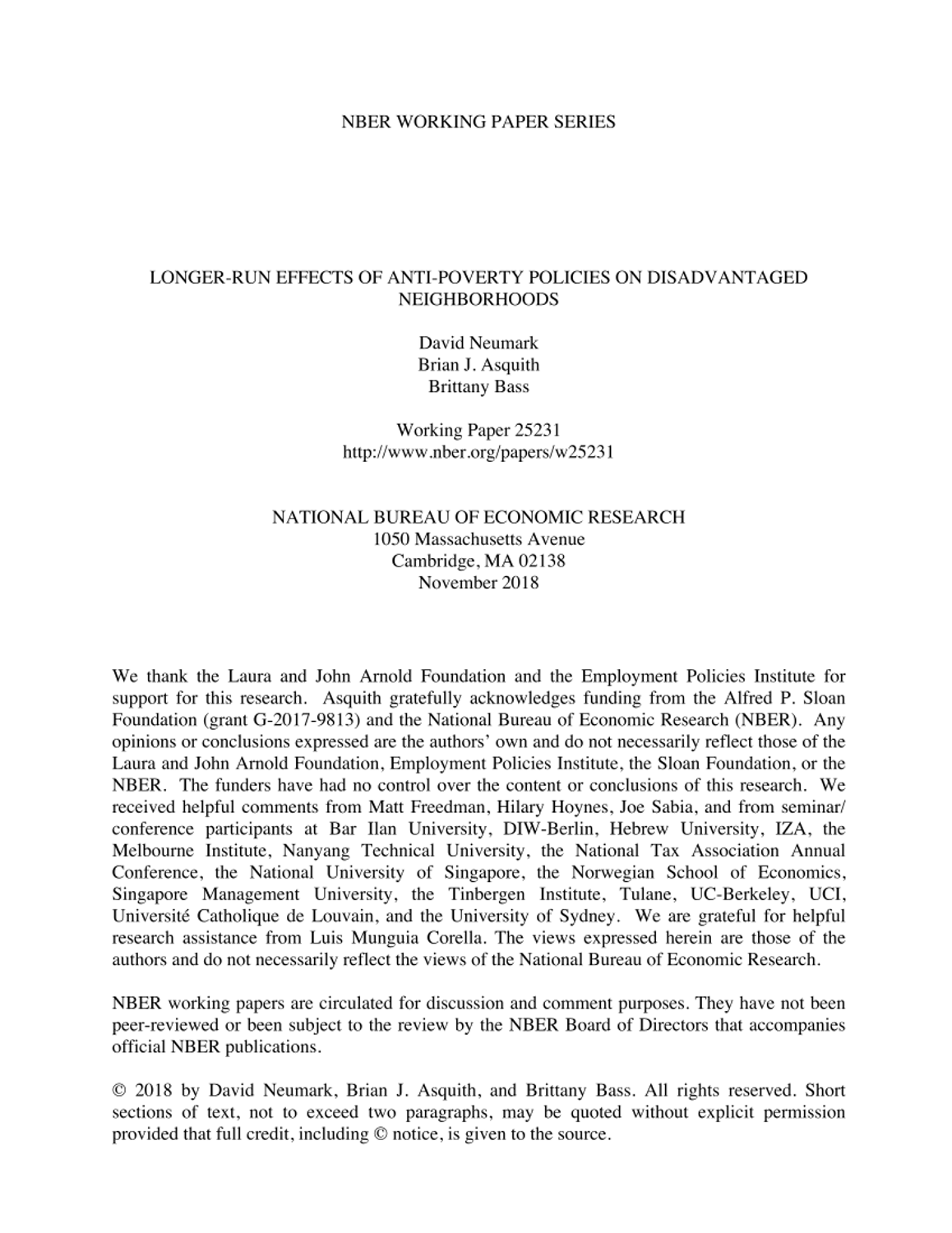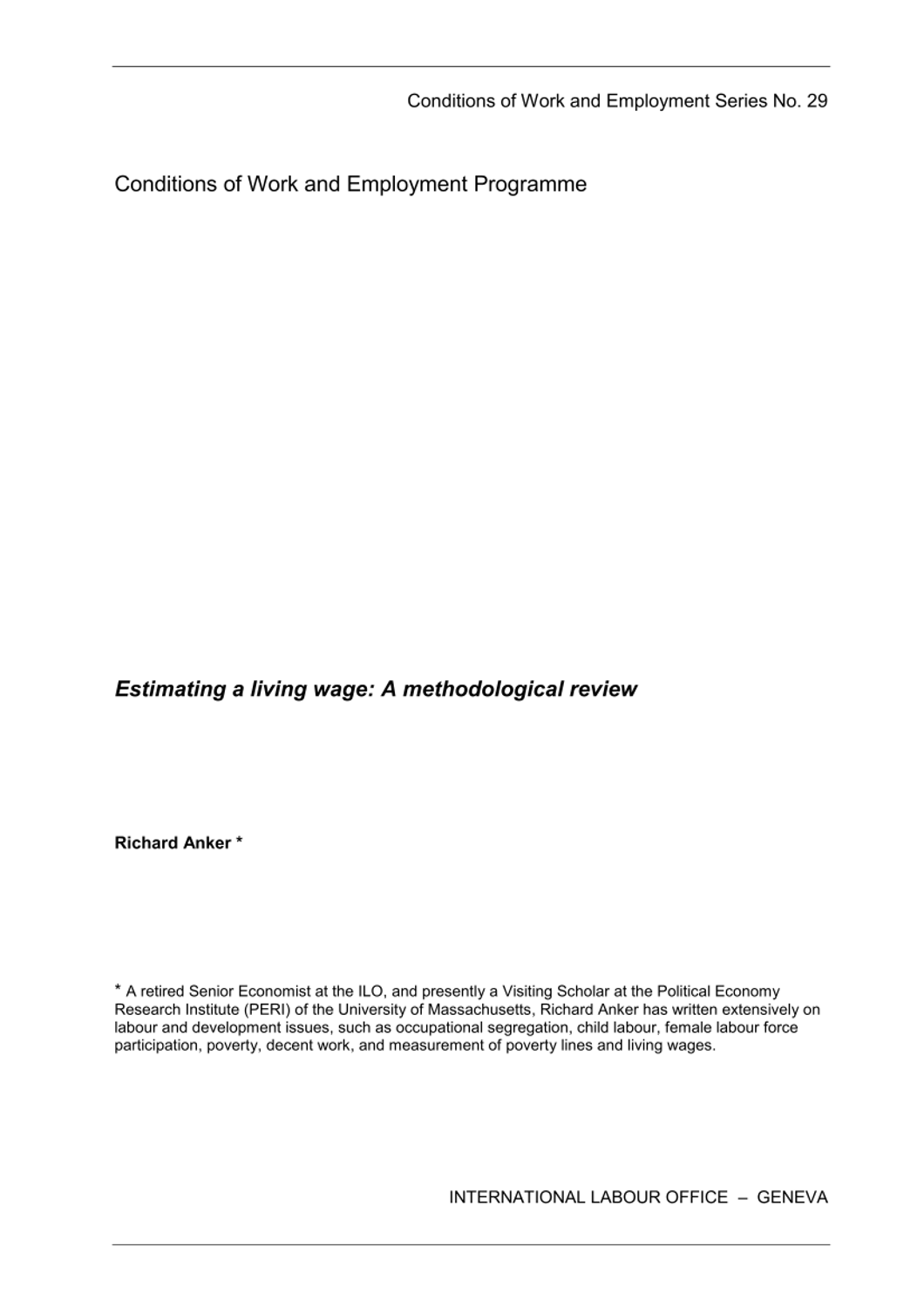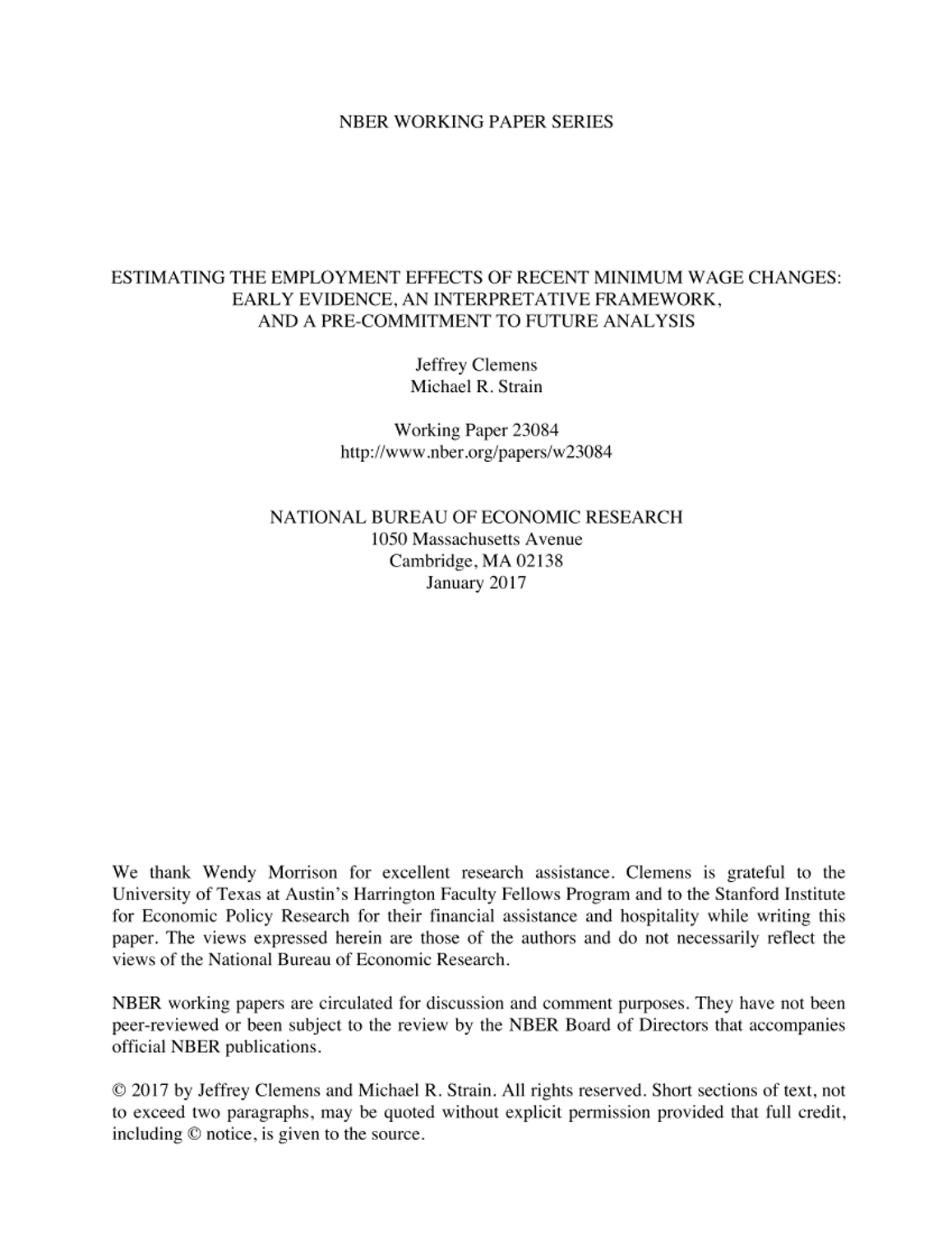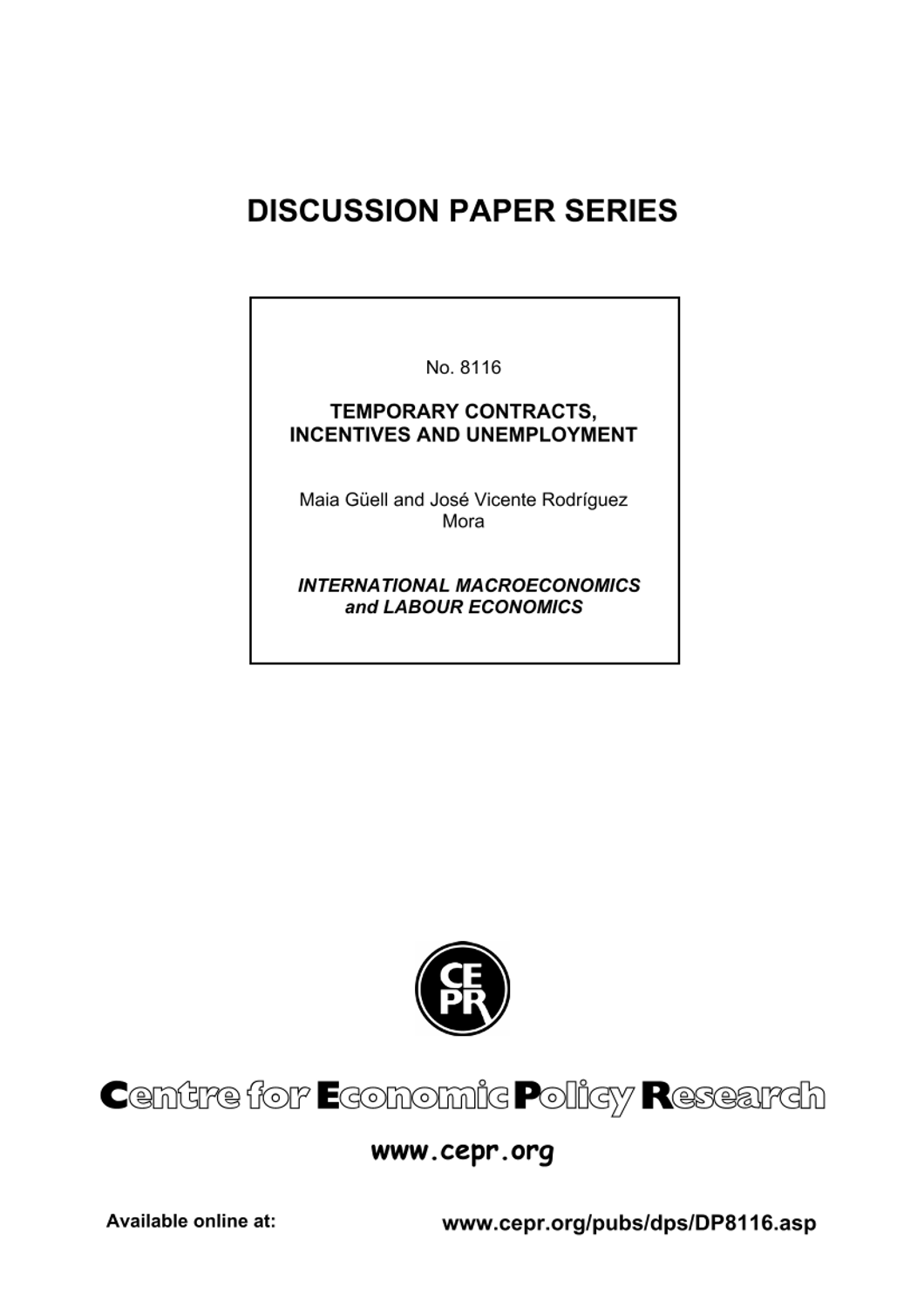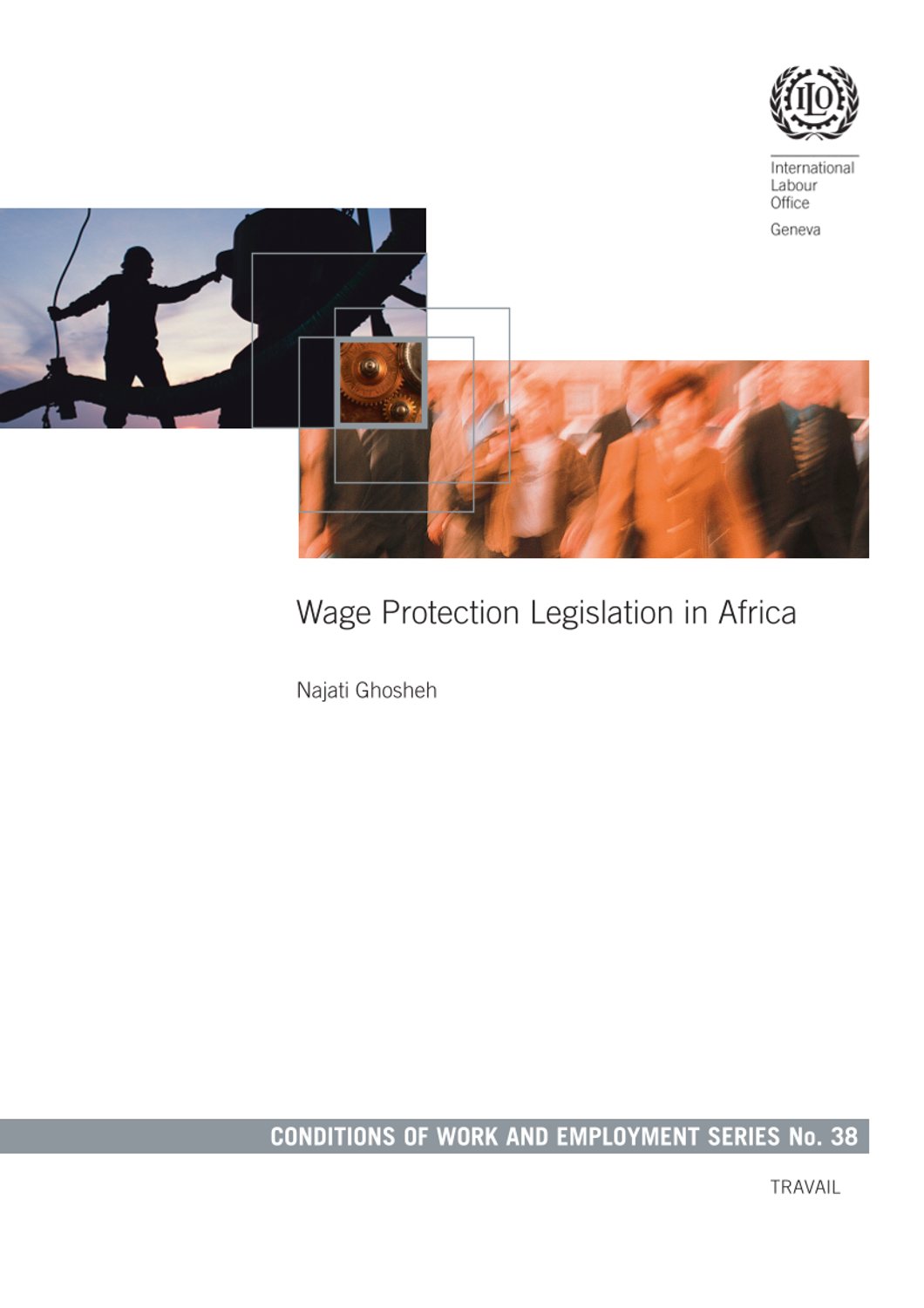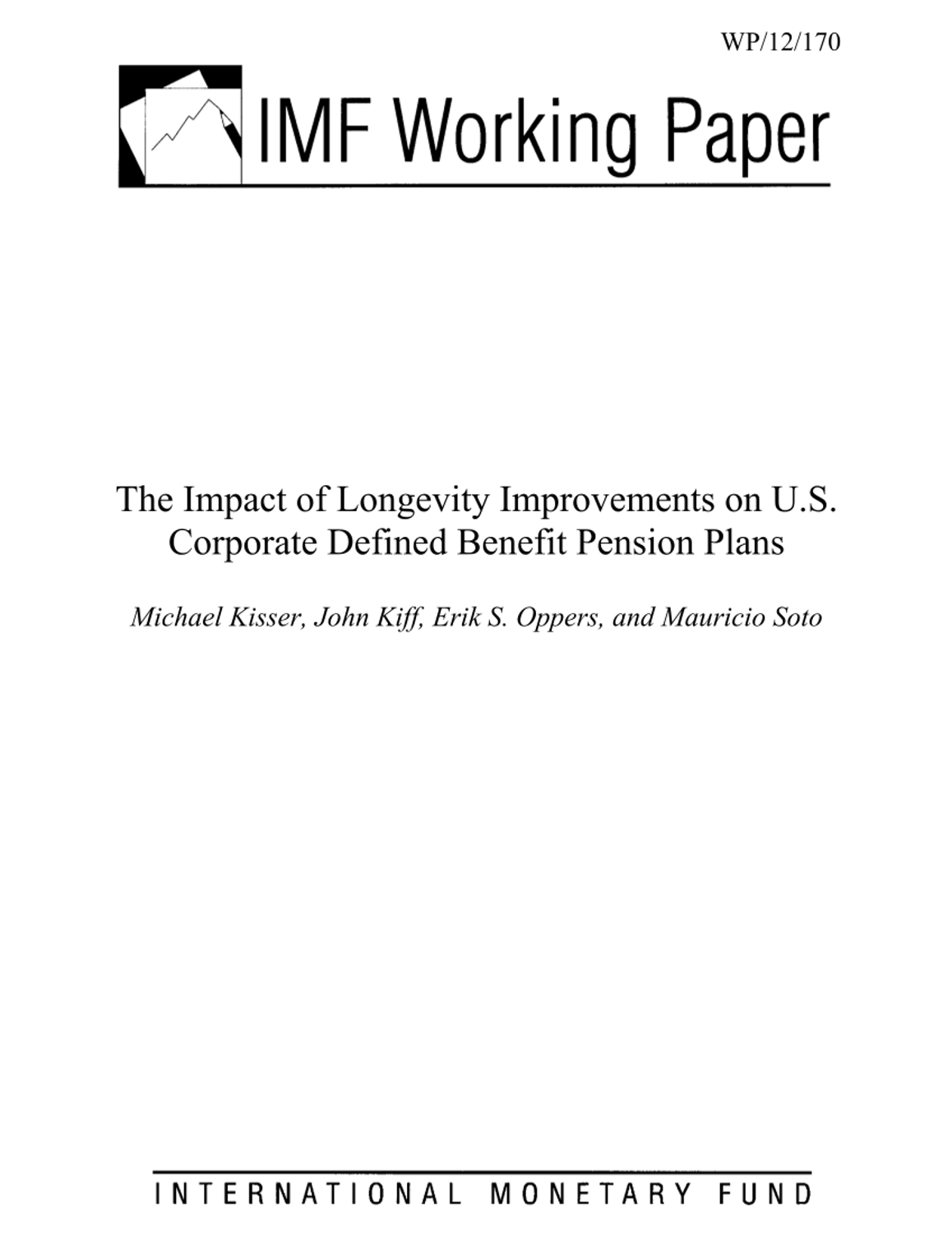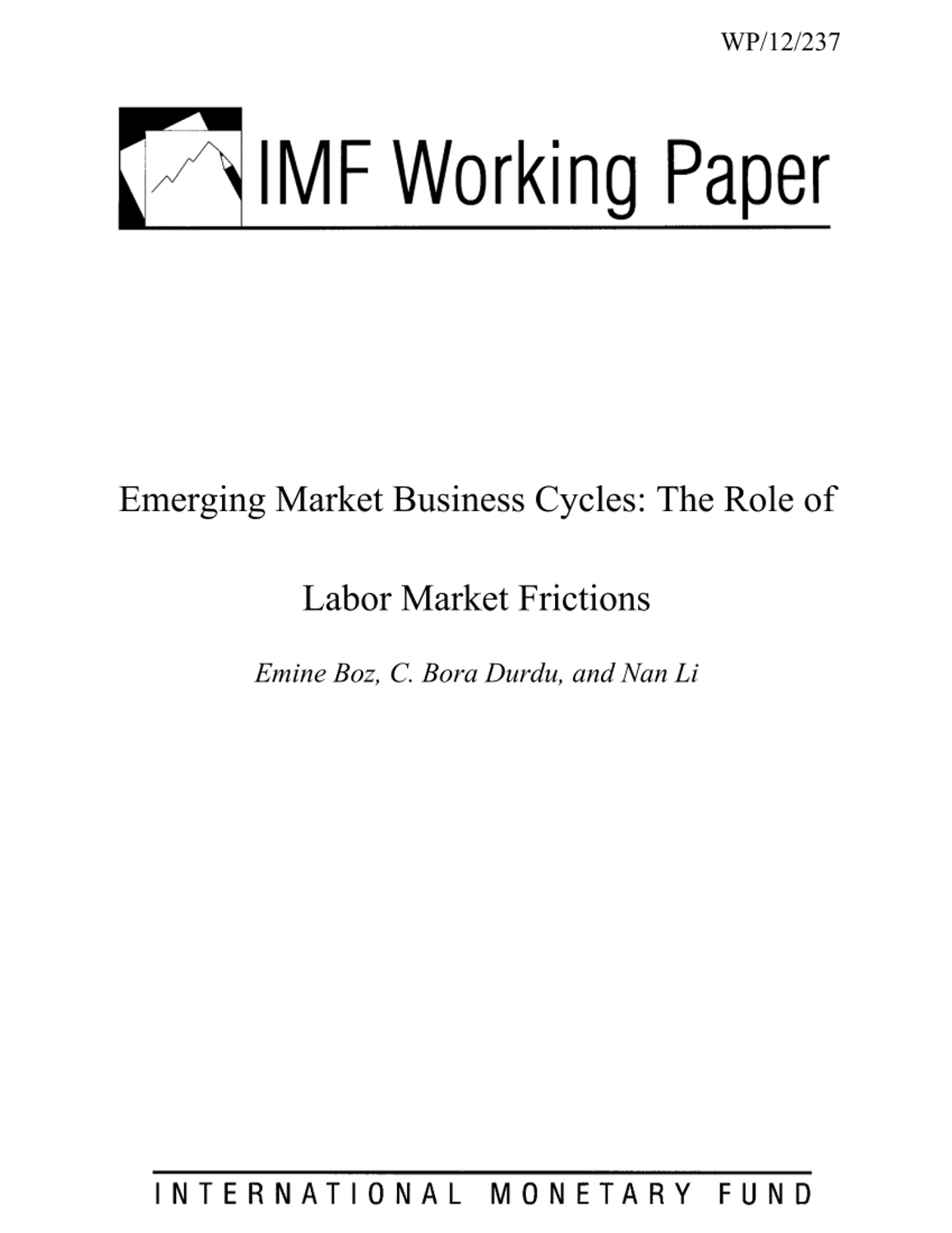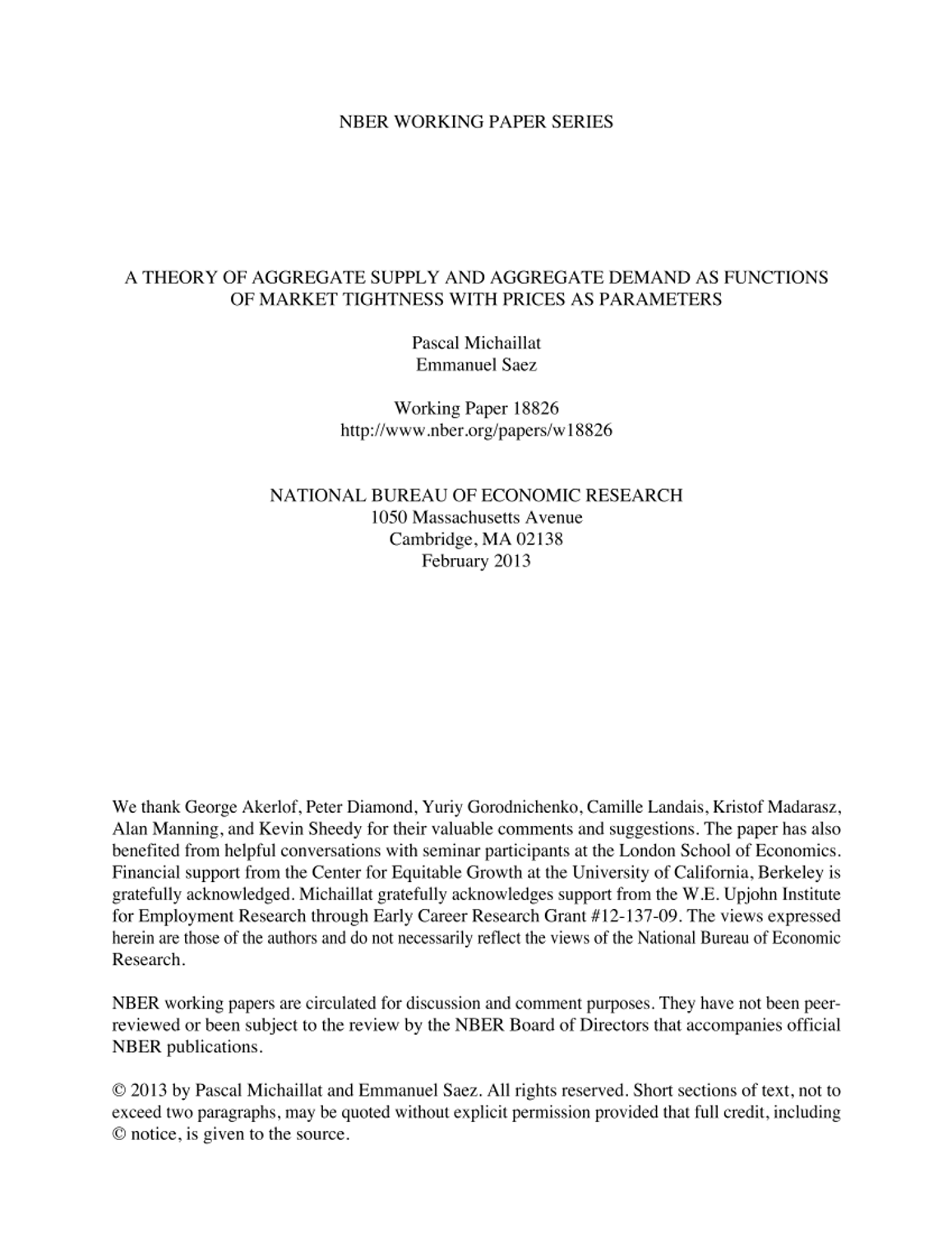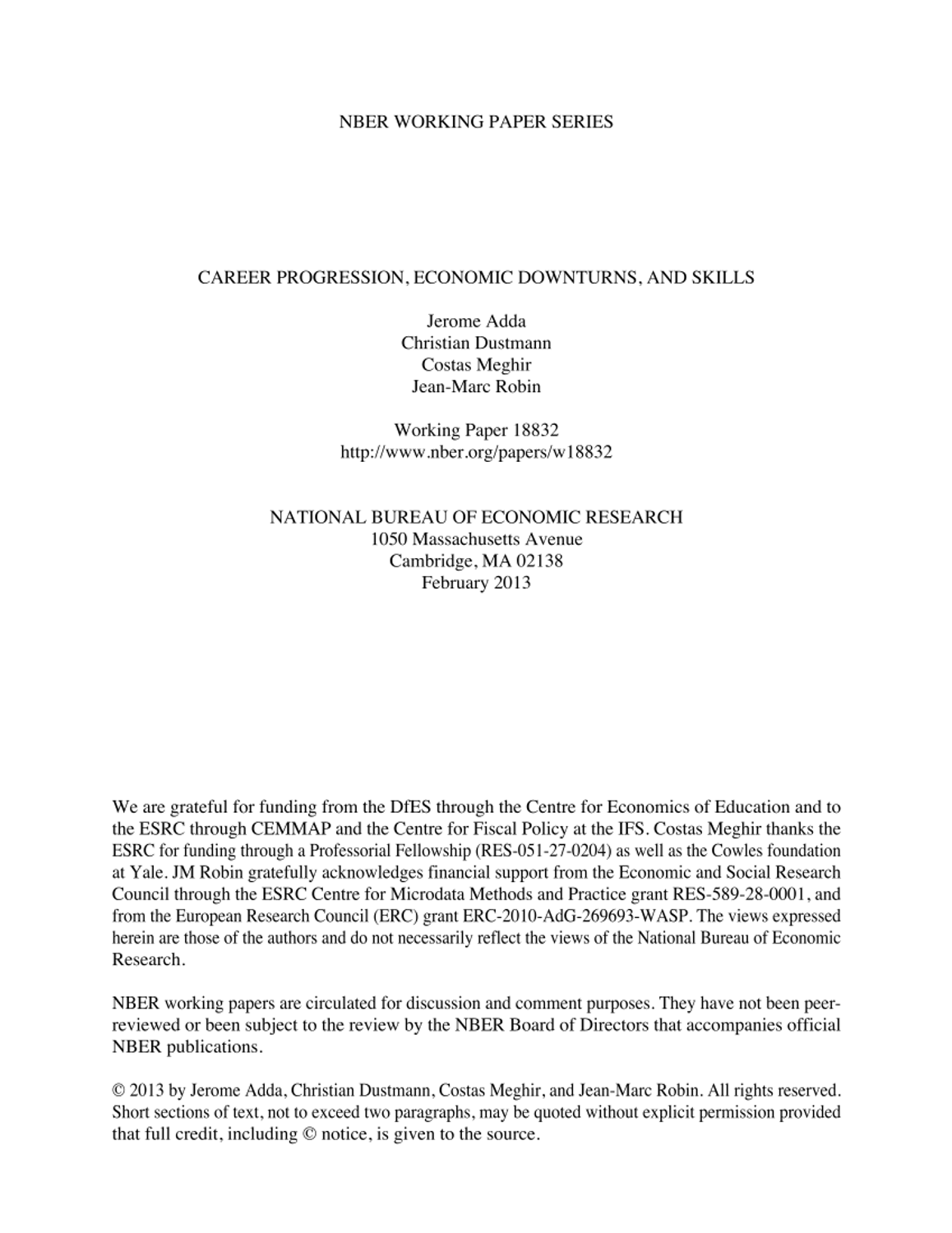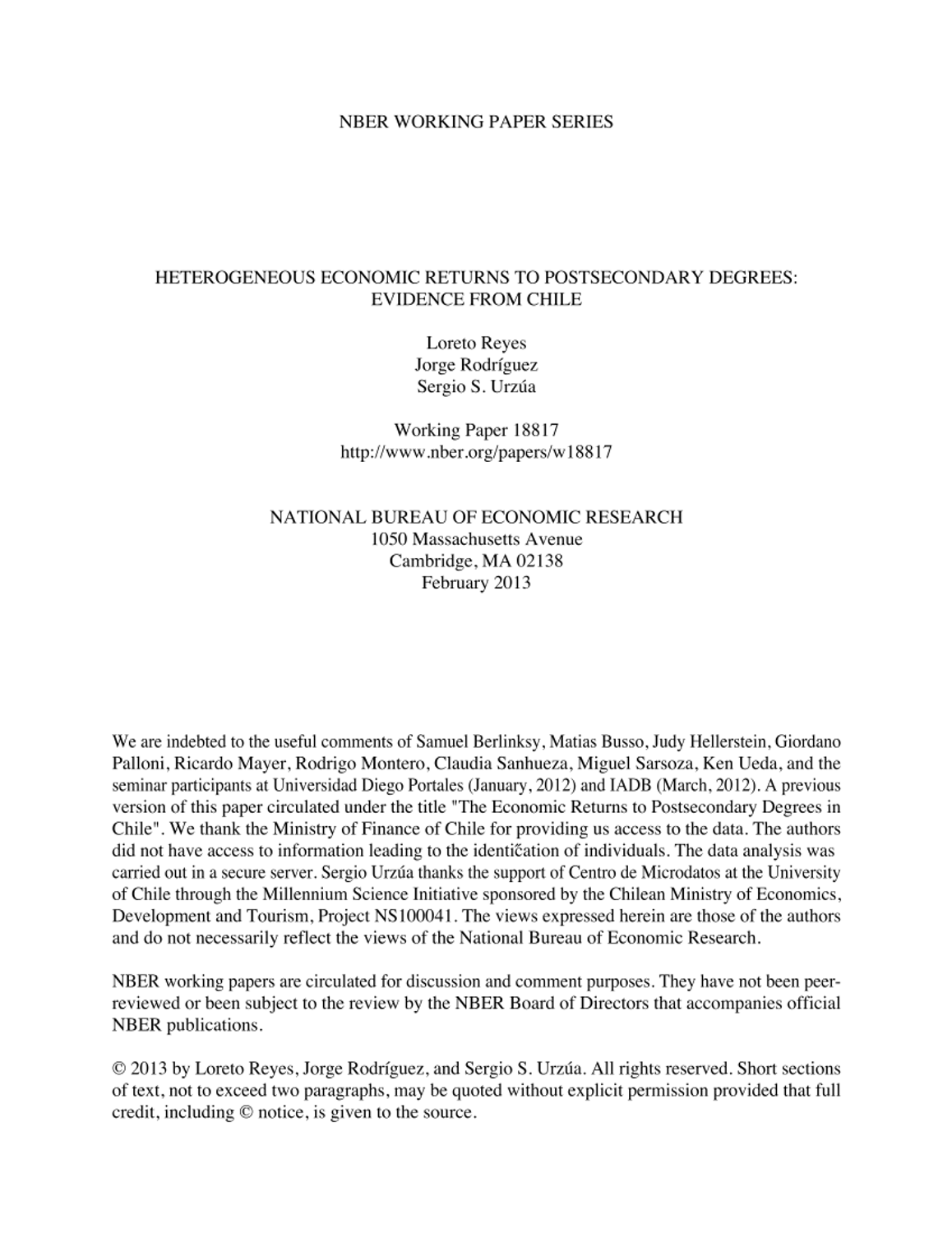단행본NBER Working Paper 25231
Longer-run effects of anti-poverty policies on disadvantaged neighborhoods
- 청구기호
- WP 25231
- 발행사항
- Cambridge : NBER, 2018
- 형태사항
- 50p. :. PDF file ;. 784 KB
- 분류기호
- 듀이십진분류법->WP
소장정보
| 위치 | 등록번호 | 청구기호 / 출력 | 상태 | 반납예정일 |
|---|---|---|---|---|
이용 가능 (1) | ||||
| E0003243 | 대출가능 | - | ||
이용 가능 (1)
- 등록번호
- E0003243
- 상태/반납예정일
- 대출가능
- -
- 위치/청구기호(출력)
책 소개
We estimate the longer-run effects of minimum wages, the Earned Income Tax Credit, and welfare on key economic indicators of economic self-sufficiency in disadvantaged neighborhoods. Our strongest findings are twofold. First, the longer-run effects of the EITC are to increase employment and to reduce poverty and public assistance, as long as we rely on national as well as state variation in EITC policy. Second, tighter welfare time limits also reduce poverty and public assistance in the longer run; while the effect on public assistance result may be mechanically related to loss of benefits, the effect on poverty is more likely behavioral. It is harder to draw firm conclusions about minimum wages and welfare benefits. With some specifications and samples, the evidence suggests that higher minimum wages lead to longer-run declines in poverty and the share of families on public assistance, whereas higher welfare benefits have adverse longer-run effects. However, the evidence on minimum wages and welfare benefits is not robust – and the estimated effects of minimum wages are sometimes in the opposite direction, including when we restrict the analysis to more recent data that is likely of more interest to policymakers.

